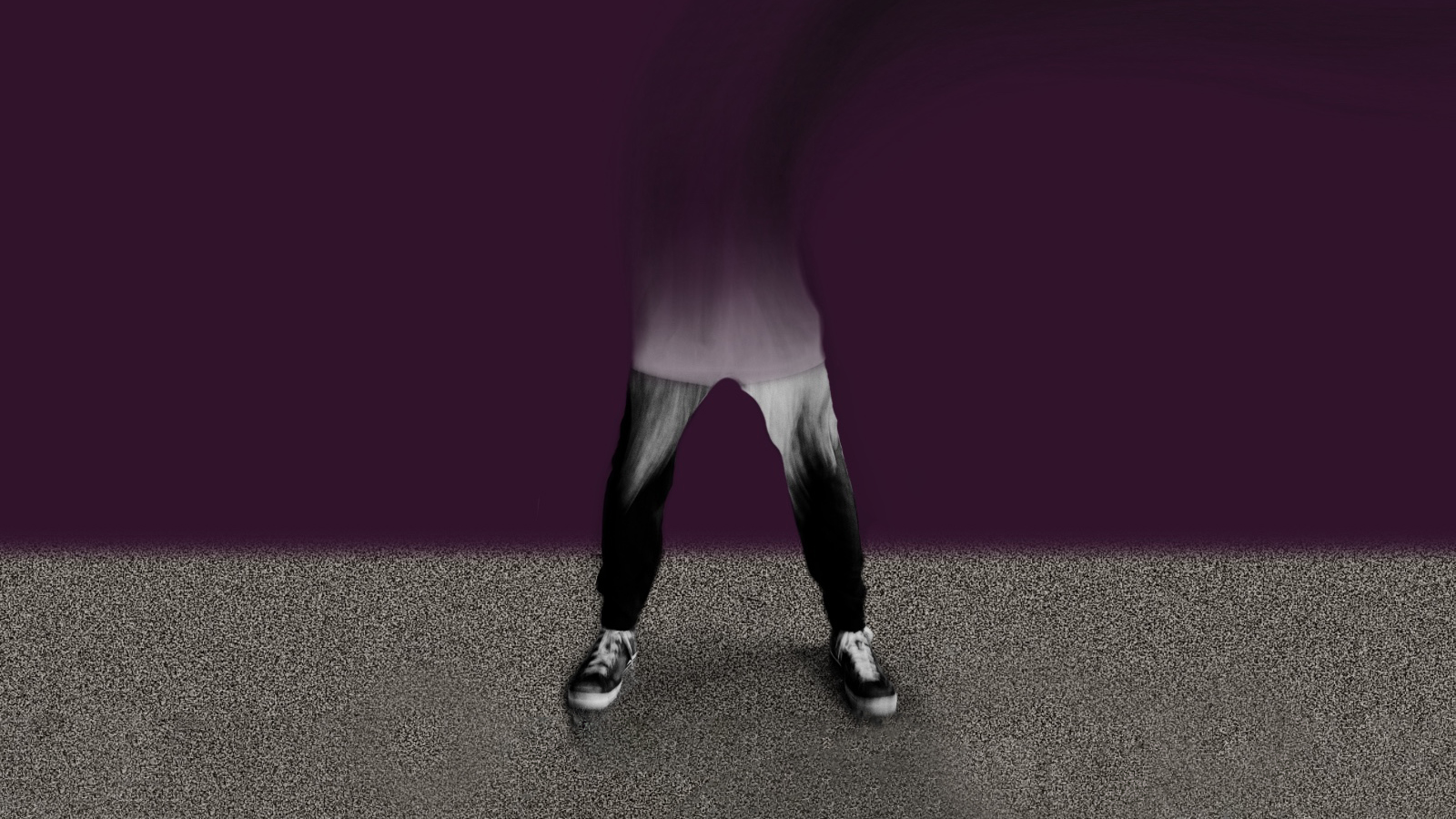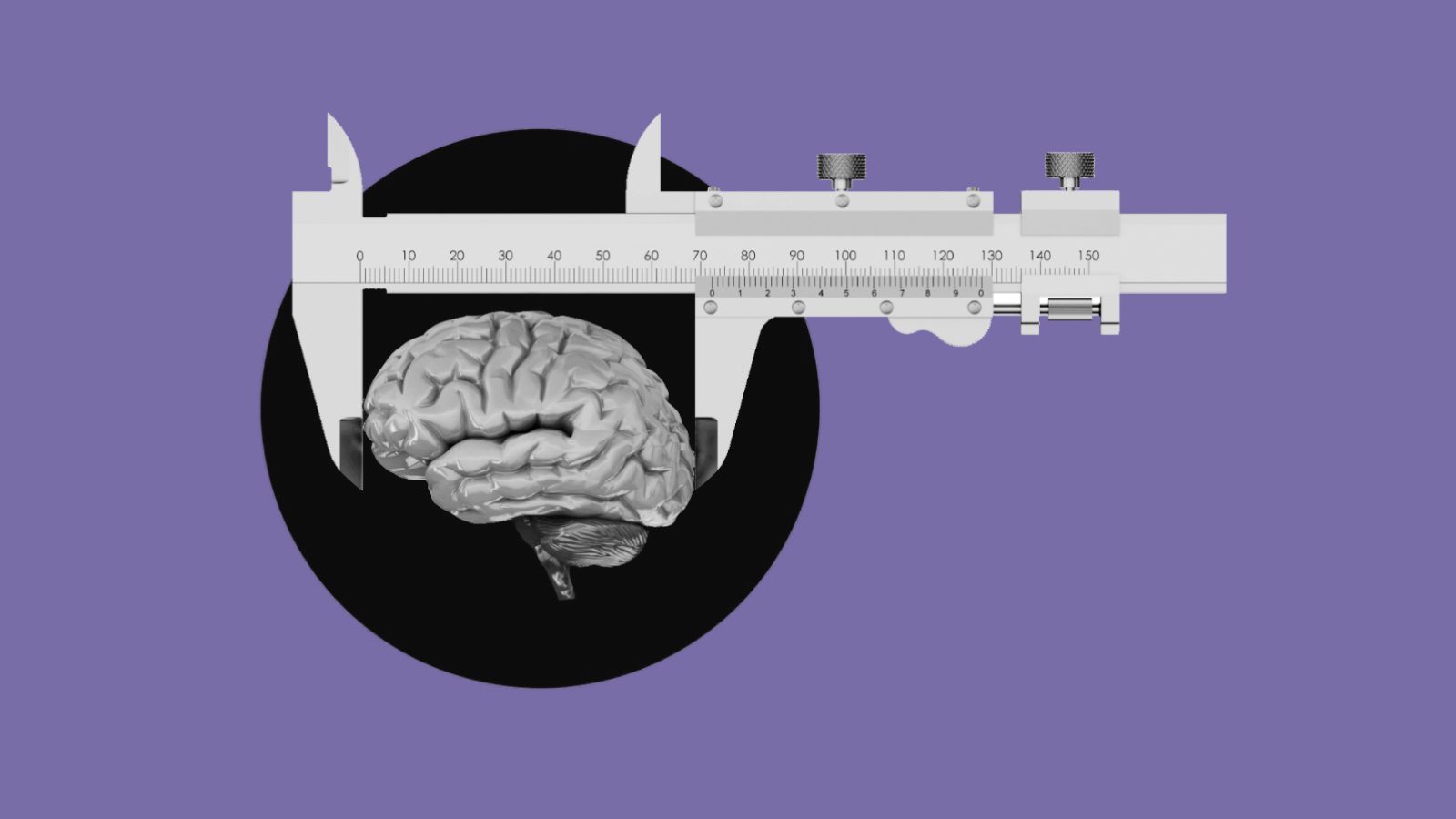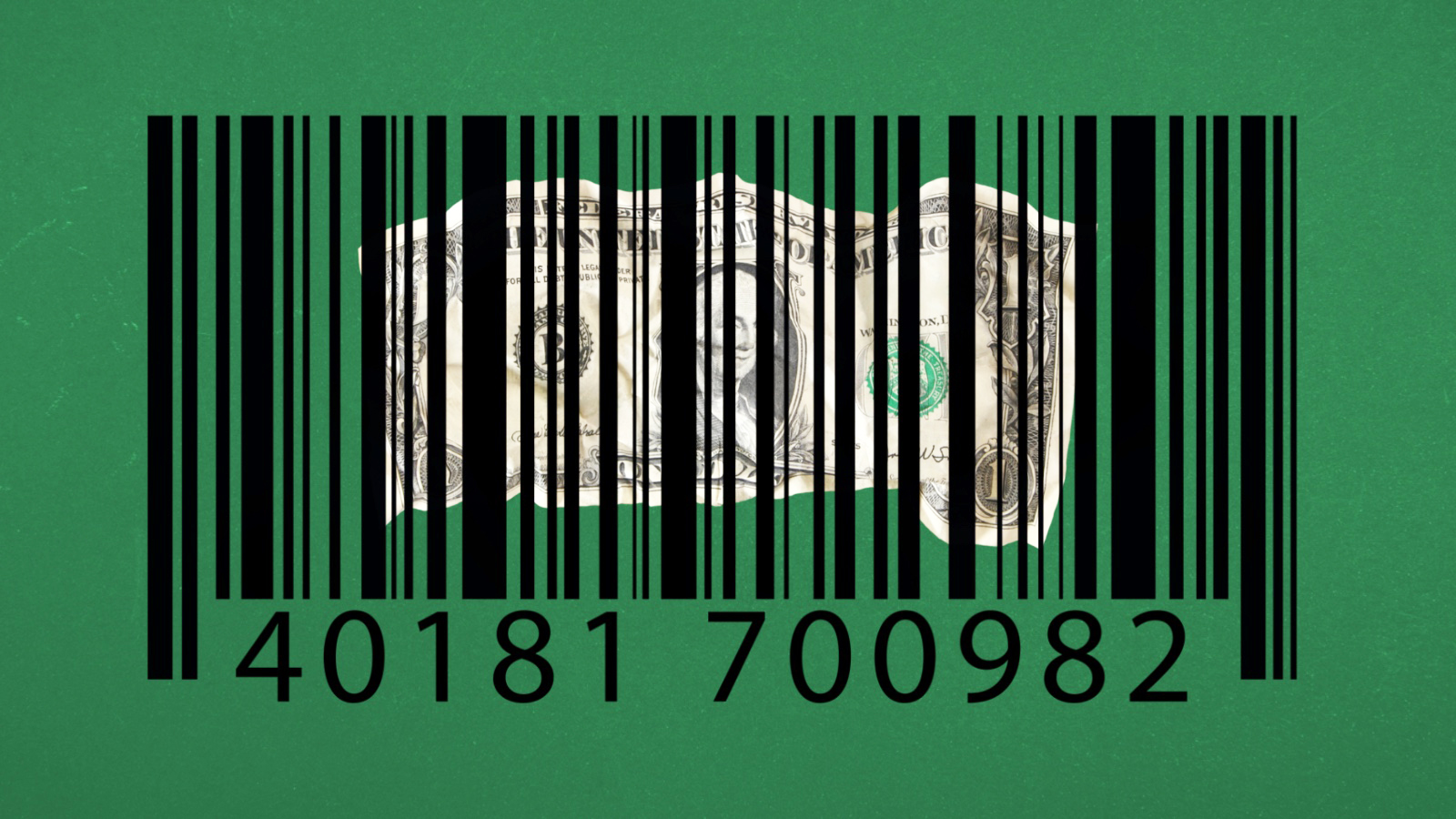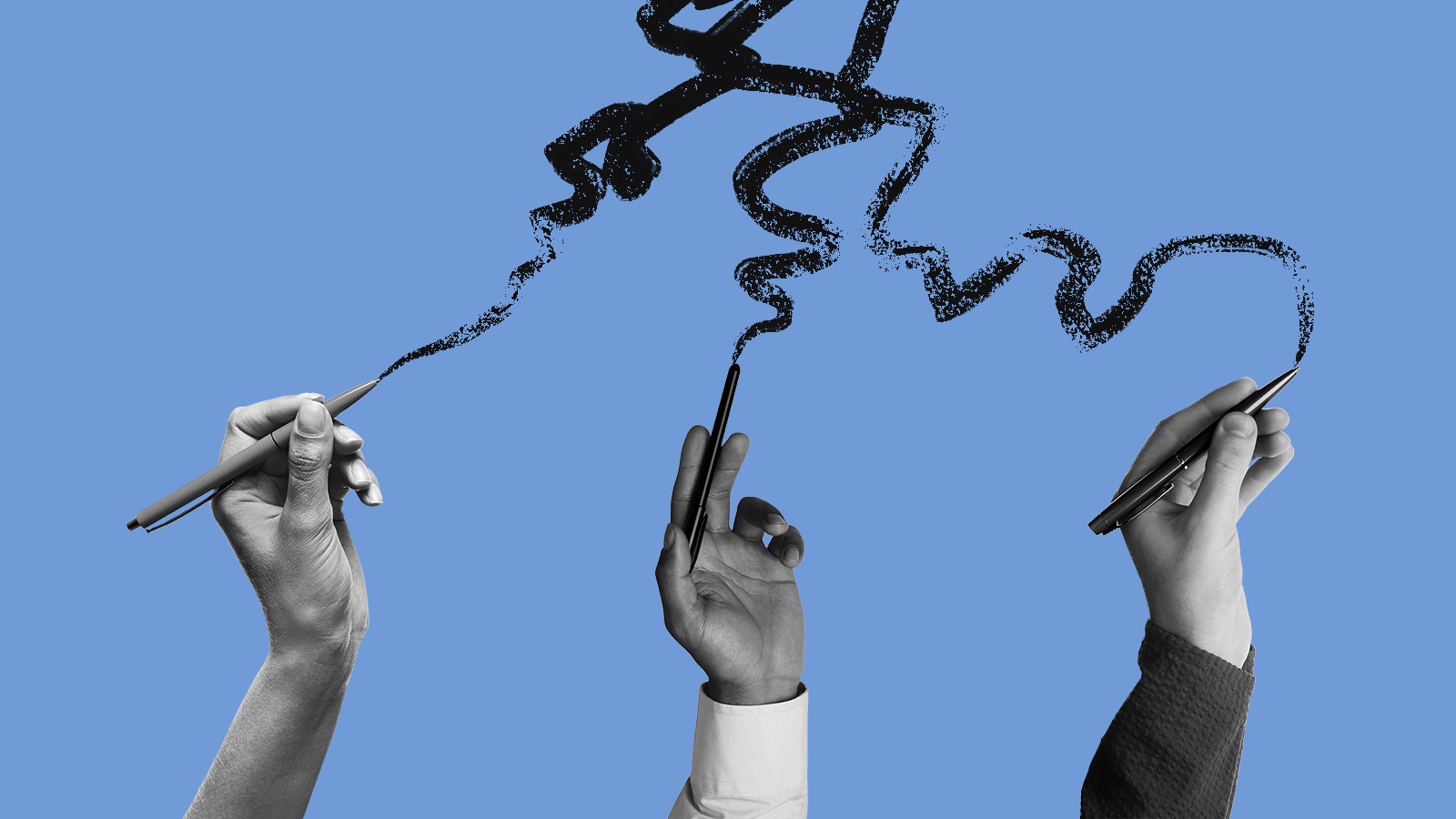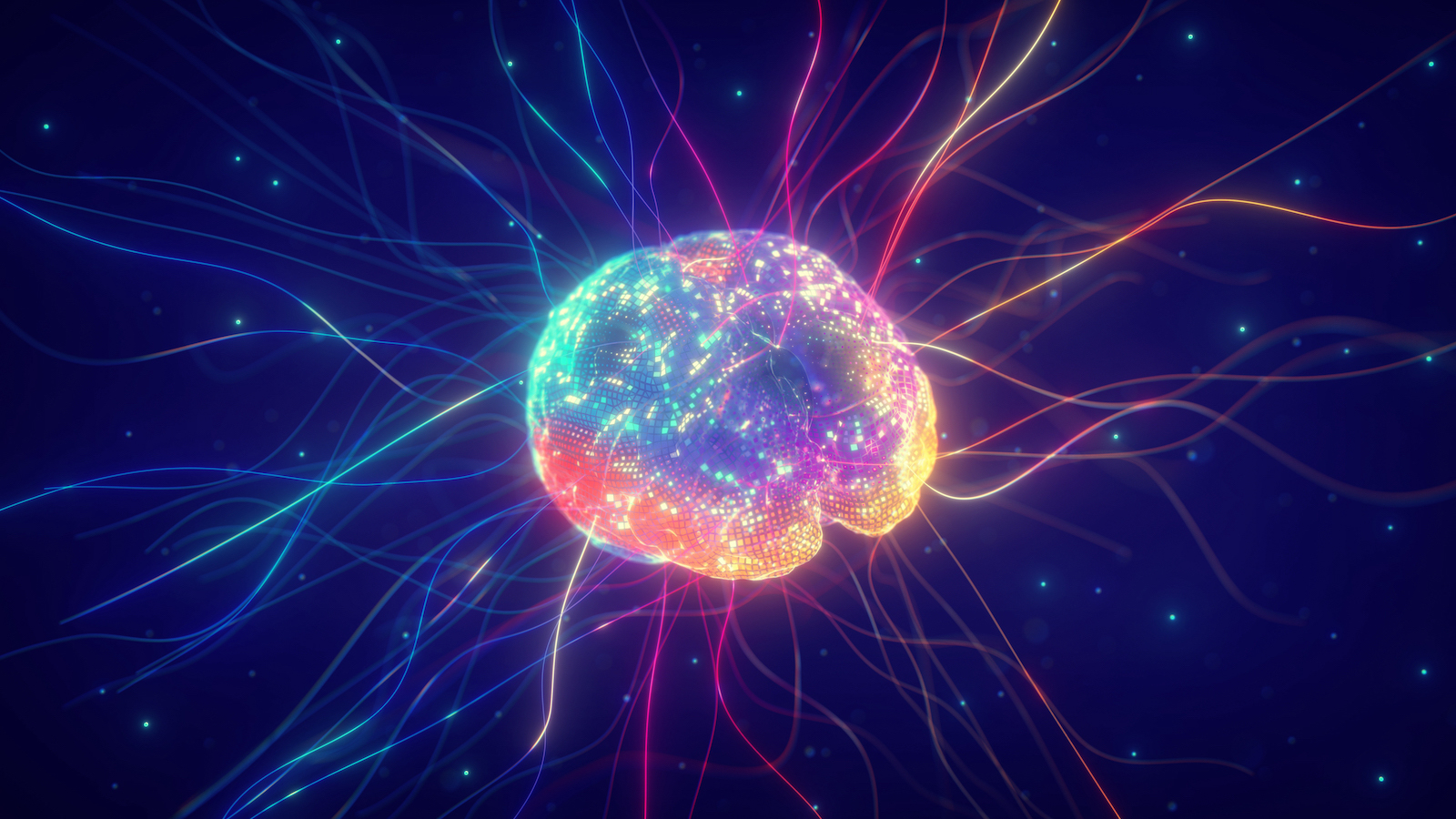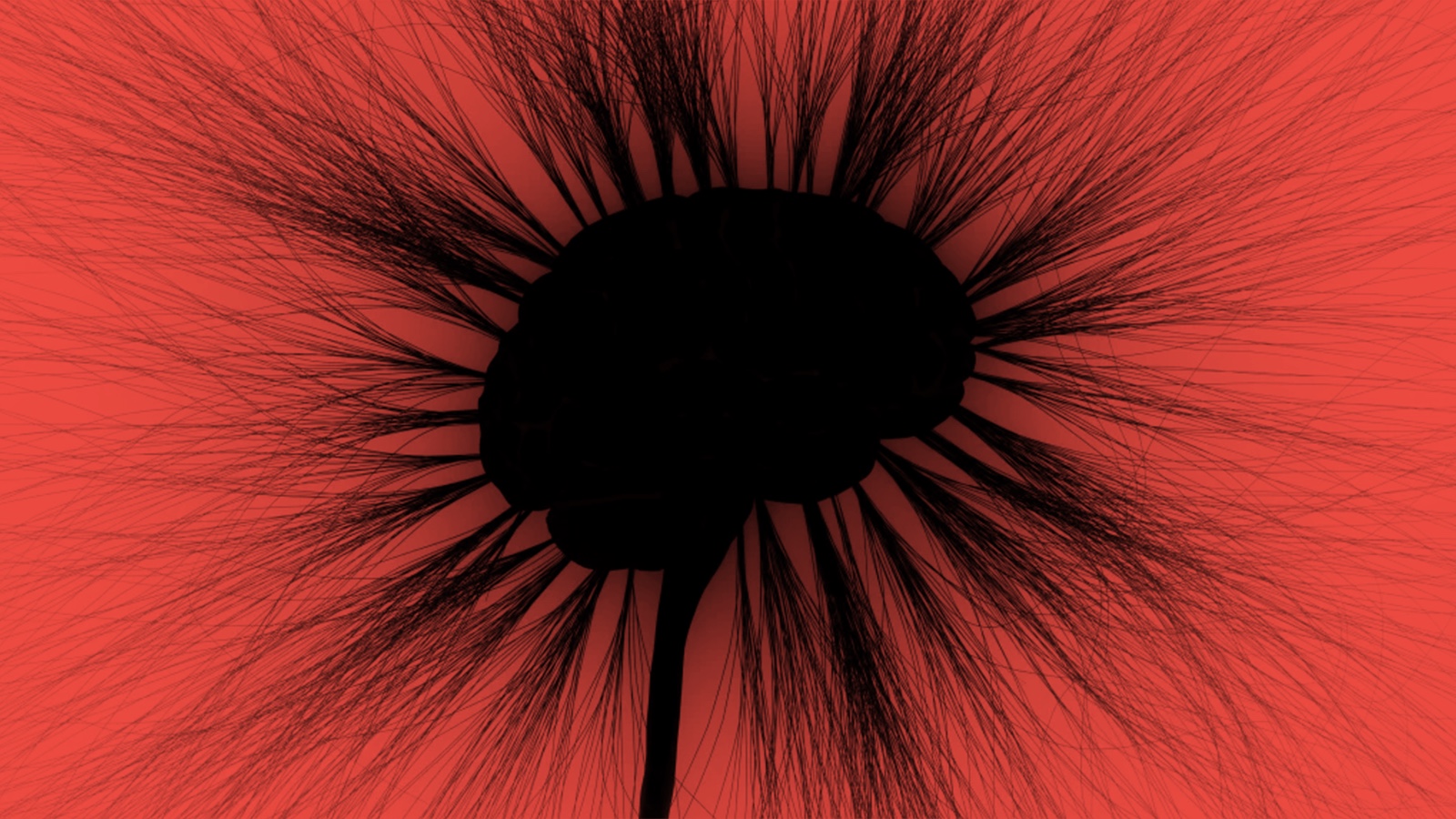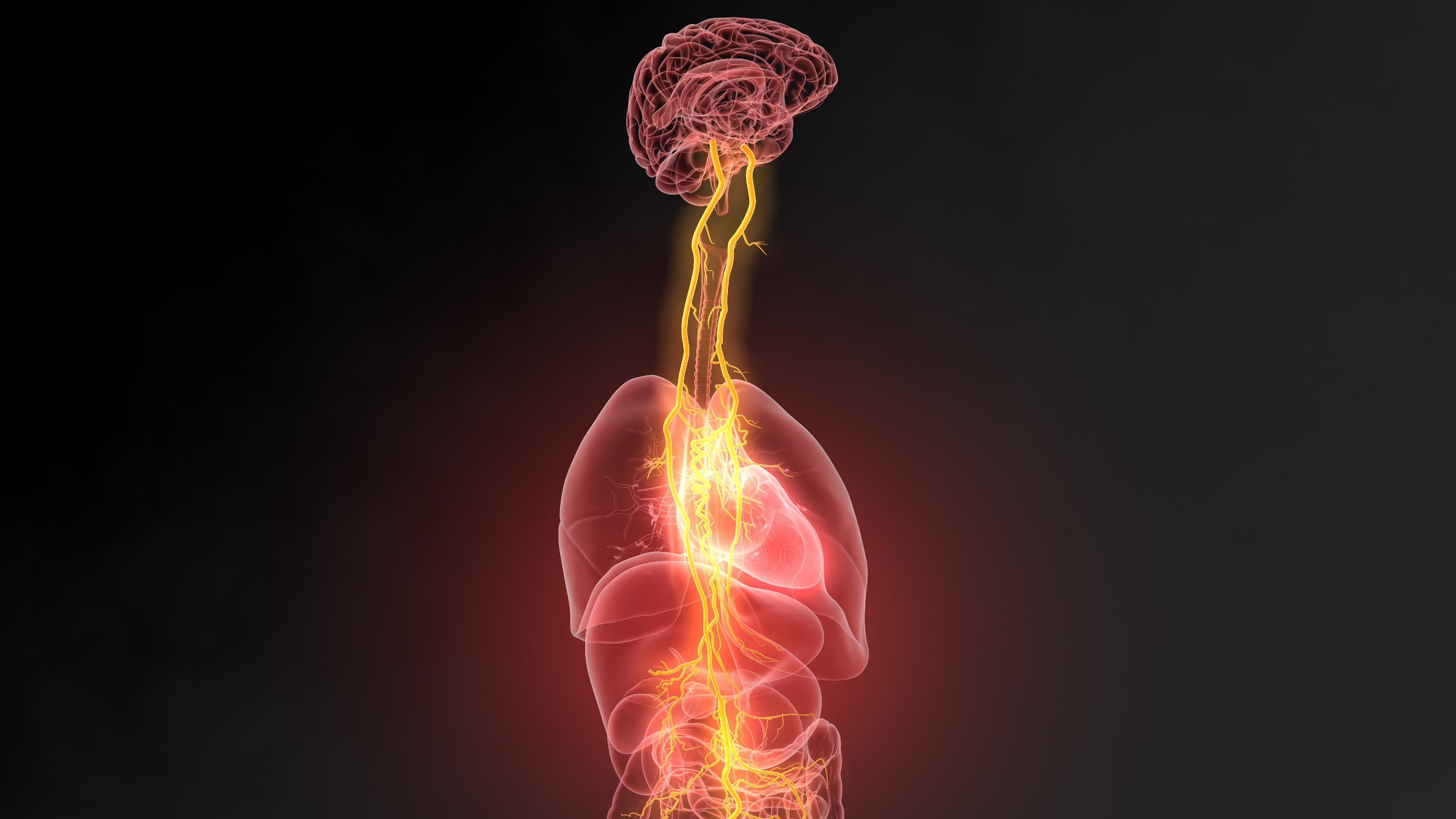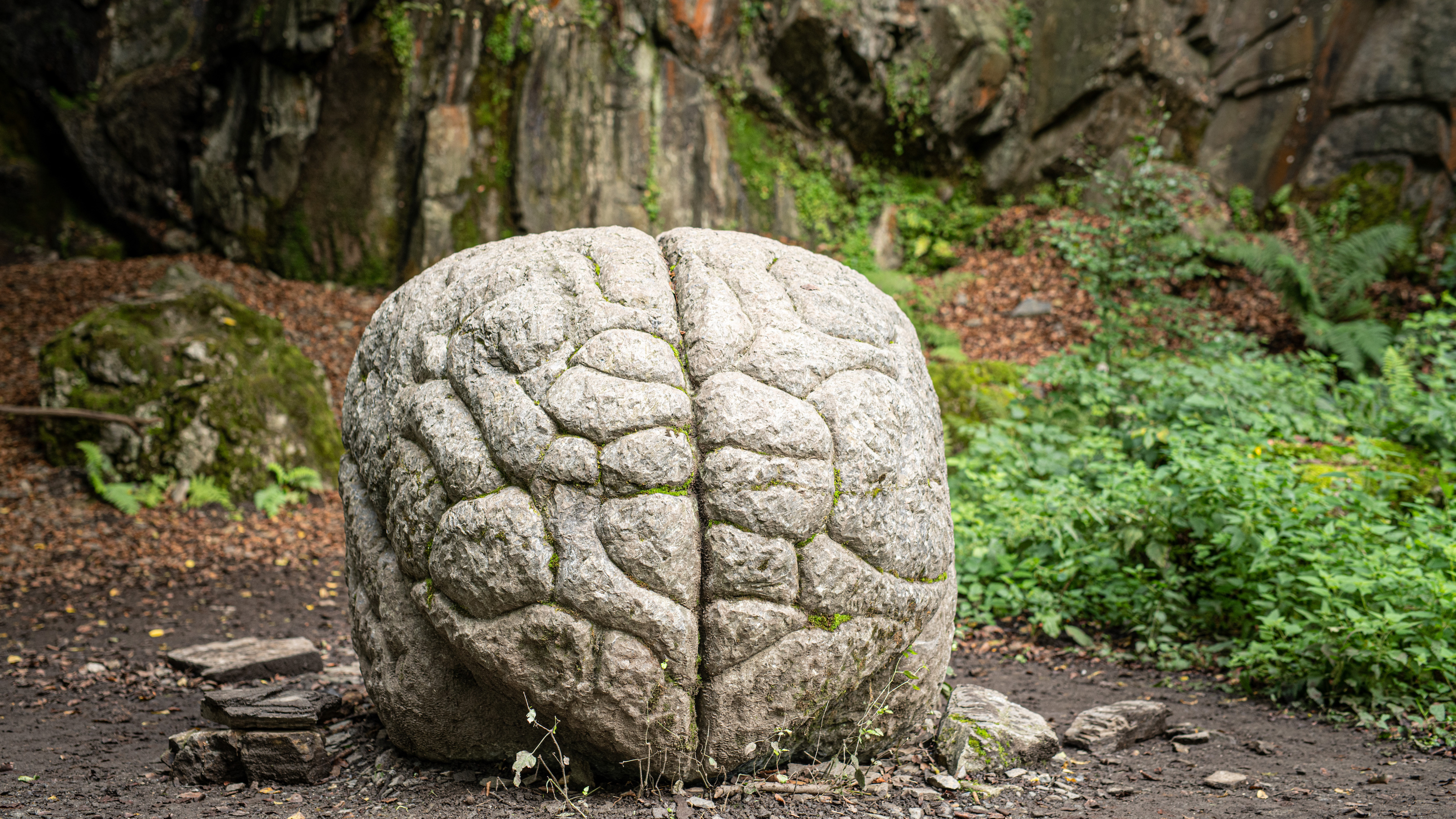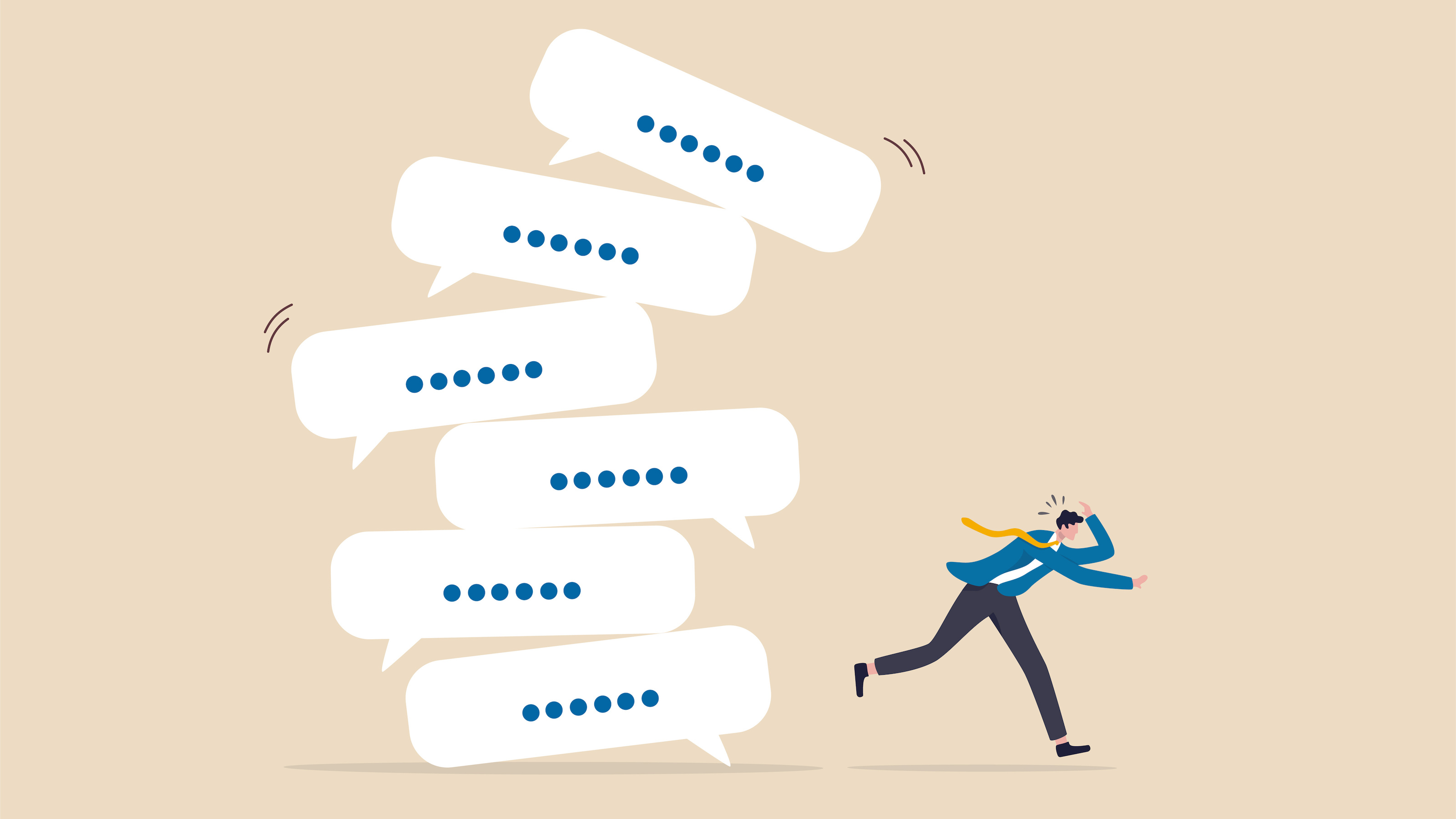Neuropsych
All Stories
Between 30% and 50% of the US population says they believe in ghosts.
An increase in genetic regulatory elements explains how modern humans evolved bigger brains than other hominins.
Does donating relieve that anxiety? Or make it worse?
The same brain differences that contribute to left-handedness also contribute to psychotic disorders. But there’s a bright side.
Our society mostly emphasizes developing logical, procedural thinking skills, but this isn’t the only way to come up with great ideas.
The DARPA-funded memory prosthesis helps the brain retain new information.
Negative feedback ignites the primal (“fight or flight”) and emotional (“do they hate me?”) parts of our brain first.
The findings of a recent study may help explain why some people are quicker to forget fearful memories.
Fiona Broome remembered Nelson Mandela dying in prison in the 1980s (he didn’t). Oddly, many people had the same false memory.
The idea that we’re happier at the beginning and end of our lives is really just a comforting myth.
The key to curbing sugar intake may lie in the gut rather than our tastebuds.
A key question is how to keep that relief going without relying solely on repeated ketamine infusions.
While most participants fibbed a little bit, laptop users were much more likely to lie – and by a lot more.
If you’re trying to hide how you feel about something, be careful with your hands.
Sigmund Freud developed the decidedly unscientific principles of psychoanalysis in a time when most psychologists were trying to join the ranks of chemists and medical doctors.
Expressing gratitude encourages others to continue being generous, promoting a cycle of goodness.
Talking to yourself seems to yield real benefits, from boosts in cognitive performance to improved emotional regulation.
The recipe for a perfect date night: a rom-com, a bowl of popcorn, and a syringe of testosterone — at least for gerbils, anyway.
Instead of liberation, the sexual revolution has led some people, particularly men, to be addicted to porn.
When you don’t know what you’re looking for, it’s easier to miss it.
The separation of conjoined twins is fraught with stomach-churning biomedical and ethical challenges.
One tiny change might have made a huge difference.
For many people, a challenge to their worldview feels like an attack on their personal identity.
Colors can influence your emotions and behaviors, but “color psychology” yields no real insight into your personality.
Dogs are seen as more likely to leap without looking – possibly a trait shared with their owners.
It’s time to let go of those emails from your cousin and the photos of your dinner.
What creates our private, inner universes is still a mystery.
Managers who are able to identify and understand dark salespeople can manipulate them to benefit the company. What could be more Machiavellian than that?
We’re overthinking being nice.
